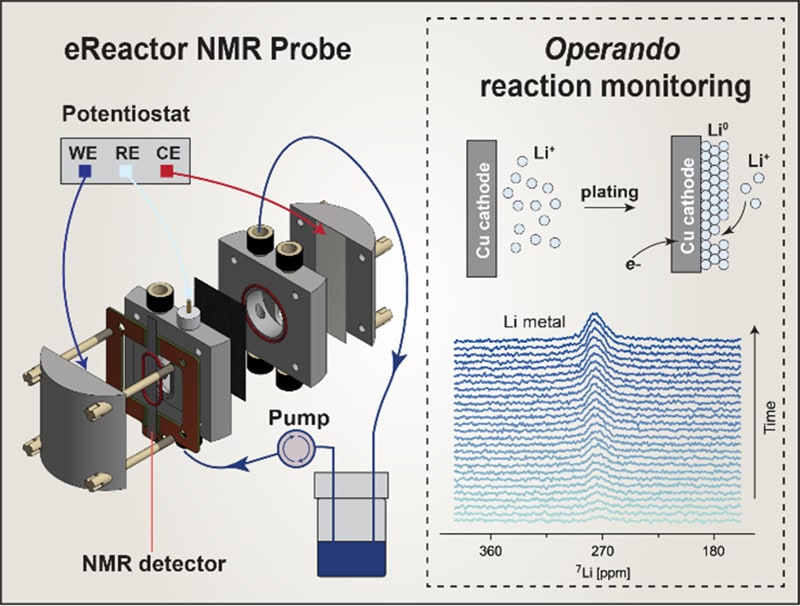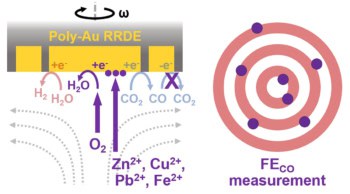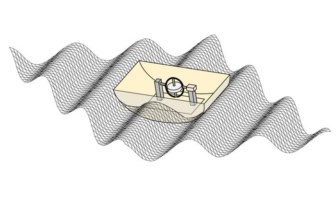Available to watch now, The Electrochemical Society in partnership with BioLogic and Bruker, explore the application of magnetic resonance methods for studying redox flow batteries and ammonia synthesis
Want to learn more on this subject?
Magnetic resonance methods, including nuclear magnetic resonance (NMR) and electron paramagnetic resonance (EPR), are non-invasive, atom-specific, quantitative, and capable of probing liquid and solid-state samples. These features make magnetic resonance ideal tools for operando measurement of an electrochemical device, and for establishing structure-function relationships under realistic condition.
The first part of the talk presents how coupled inline NMR and EPR methods were developed and applied to unravel rich electrochemistry in organic molecule-based redox flow batteries. Case studies performed on low-cost and compact bench-top systems are reviewed, demonstrating that a bench-top NMR has sufficient spectral and temporal resolution for studying degradation reaction mechanisms, monitoring the state of charge, and crossover phenomena in a working RFB. The second part of the talk presents new in situ NMR methods for studying Li-mediated ammonia synthesis, and the direct observation of lithium plating and its concurrent corrosion, nitrogen splitting on lithium metal, and protonolysis of lithium nitride. Based on these insights, potential strategies to optimize the efficiencies and rates of Li-mediated ammonia synthesis are discussed. The goal is to demonstrate that operando NMR and EPR methods are powerful and general and can be applied for understanding the electrochemistry underpinning various applications.
An interactive Q&A session follows the presentation.
Want to learn more on this subject?

Evan Wenbo Zhao is a tenured assistant professor at the Magnetic Resonance Research Center at Radboud Universiteit Nijmegen in the Netherlands. His core research focuses on developing operando/in situ NMR methods for studying electrochemical storage and conversion chemistries, including redox flow batteries, electrochemical ammonia synthesis, carbon-dioxide reduction, and lignin oxidation. He has led projects funded by the Dutch Research Council Open Competition Program, Bruker Collaboration, Radboud-Glasgow Collaboration Grants, the Mitacs Globalink Research Award, and others. After receiving his BS from Nanyang Technological University, he completed a PhD in chemistry with Prof. Clifford Russell Bowers at the University of Florida. Evan’s postdoc was with Prof. Dame Clare Grey at the Yusuf Hamied Department of Chemistry at the University of Cambridge.







